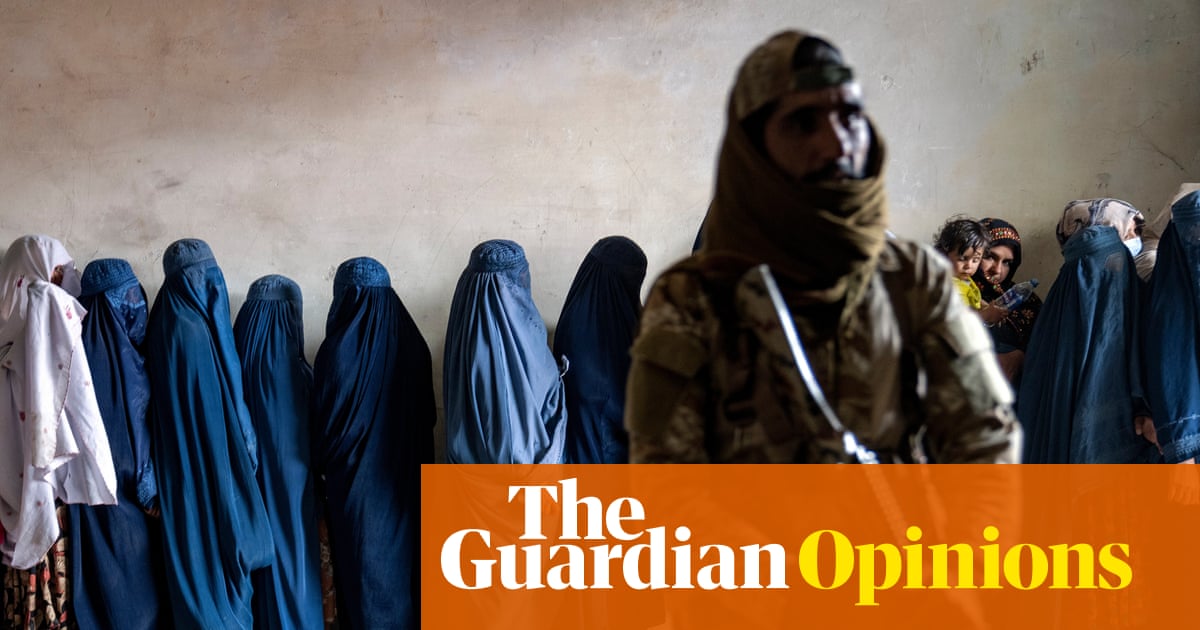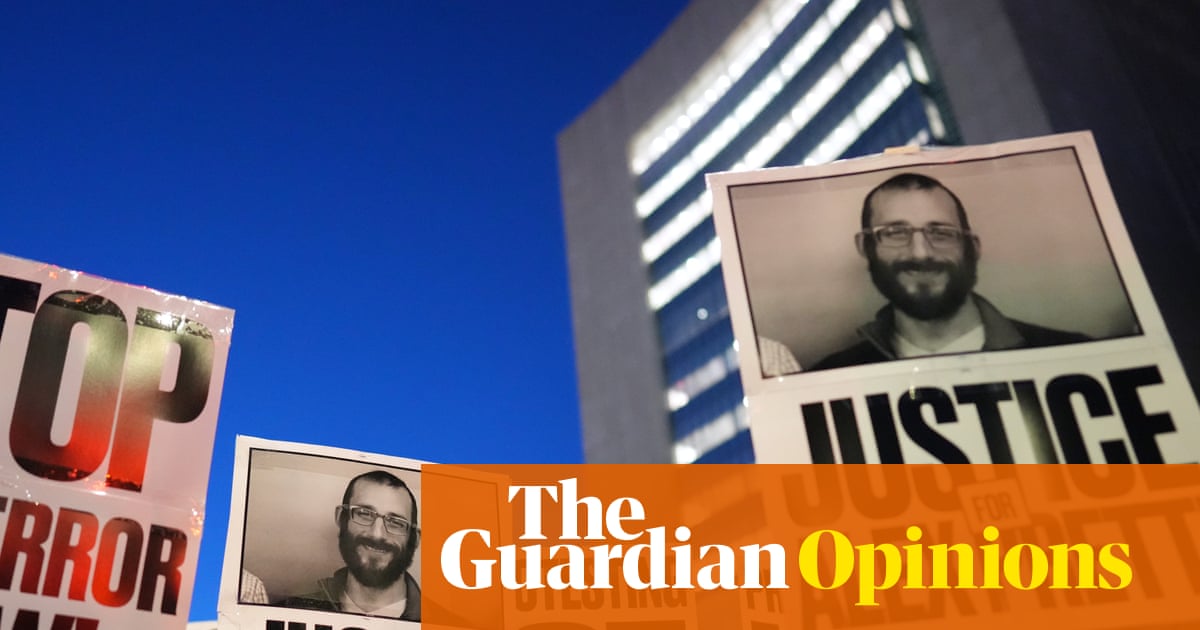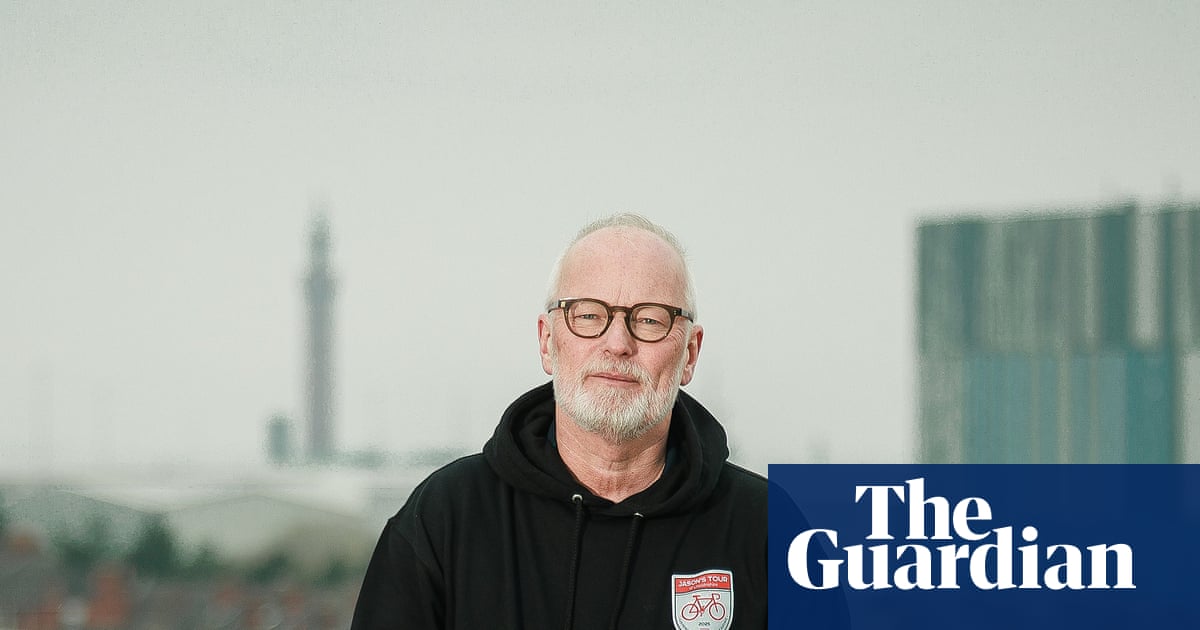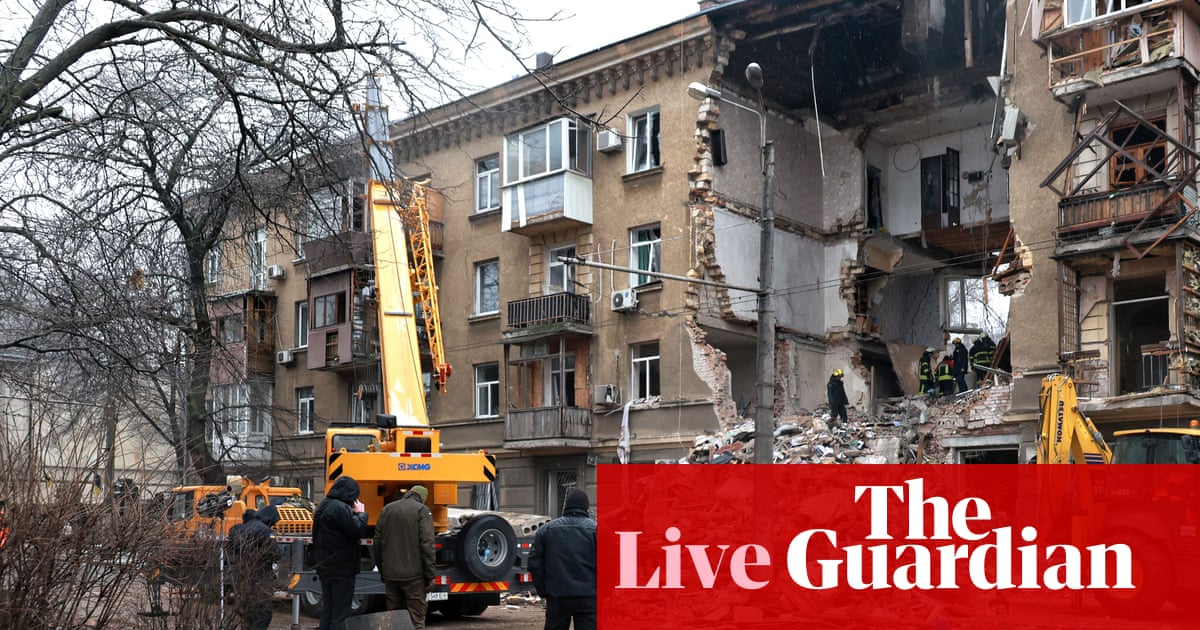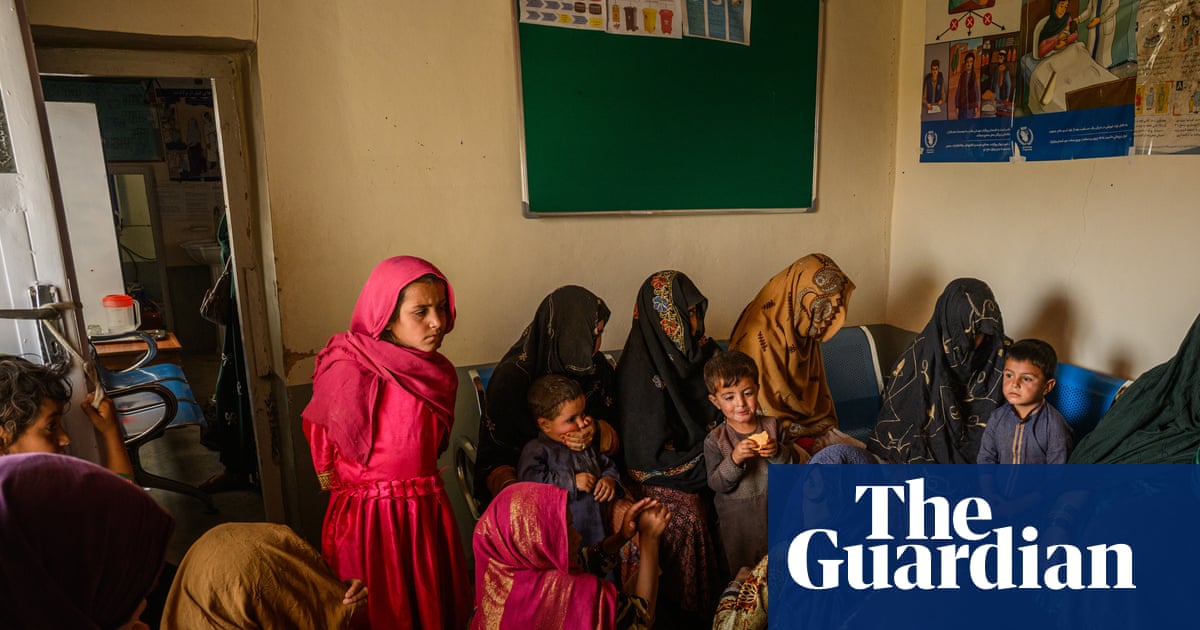After New York City’s race for mayor catapulted Zohran Mamdani from state assembly member into one of the world’s most prominent progressive voices, intense debate swirled over the ideas at the heart of his campaign.
His critics and opponents painted pledges such as free bus service, universal child care and rent freezes as unworkable, unrealistic and exorbitantly expensive.
But some have hit back, highlighting the quirk of geography that underpins some of this view. “He promised things that Europeans take for granted, but Americans are told are impossible,” said Dutch environmentalist and former government advisor Alexander Verbeek in the wake of Tuesday’s election.
Verbeek backed this with a comment he had overheard in an Oslo café, in which Mamdani was described as an American politician who “finally” sounded normal.
“Normal. That’s the word,” Verbeek wrote in his newsletter, The Planet. “Here, taking care of one another through public programs isn’t radical socialism. It’s Tuesday.”
That view hit on the wide differences in how Mamdani’s promises are seen by many across the Atlantic. “Europeans recognize his vision about free public transit and universal childcare. We expect our governments to make these kinds of services accessible to all of us,” said Verbeek. “We pay higher taxes and get civilized societies in return. The debate here isn’t whether to have these programs, but how to improve them.”
More than a decade ago, Tallinn, the Estonian capital, became the largest city in the world to introduce fare-free public transport. Financed by the city’s resident tax, the scheme faced heavy opposition before its rollout, with some describing it as a political stunt that the city couldn’t afford.
Nearly a year later, researchers found that public transport use had increased by 14% and that the mobility of low-income residents had improved. Similar schemes have since sprung up across the continent, in France’s Montpellier and Dunkirk, for example, and expanded across countries in the case of Luxembourg and Malta.
When Mamdani promised to launch one city-owned grocery story in each of New York’s five boroughs, with a view to expanding if the pilot was successful, it reminded Aslı Aydıntaşbaş, a foreign policy fellow at the Brookings Institution, of the city-run grocery store she had visited in Istanbul in 2014.
Back then, she had been surprised to see the heaving shelves, laden with products that ranged from bread to lentils to basic household appliances, much of it provided by small, little-known manufacturers. Access to these stores was limited to low-income households, with families receiving a preloaded monthly loyalty card to use at these shops, she said. “These city-run grocery stores in Istanbul were successful and replicated by other cities.”
More than a decade on, the experience convinced her of the viability of Mamdani’s promise. “I was struck by the fact that New York elite and Republicans wanted to paint these proposals as sort of coming from the moon,” she said. “Things like non-profit stores or free buses, these are not outrageous ideas, nor are they socialist. They’ve been tried in different parts of the world.”
For New Yorkers, precedents for city-run grocery stores can also be found closer to home. Chicago is mulling similar plans, while Atlanta and St Paul, Kansas have launched their own takes on municipal-run grocery stores.
Mamdani’s campaign also promised to make childcare free for all children in the city, ages six weeks to five years. Days before the election, the state of New Mexico provided the city with a precedent-setting example, becoming the first US state to offer free childcare to all of its residents, in a bid to boost its economy and raise education and child welfare levels.
Across the Atlantic, Portugal’s government began introducing free childcare in 2022, starting with children ages one and under with promises to gradually expand the program to children up to the ages of three. While the program is open to all, places are limited and can be tough to access, with priority given to low-income and single-parent families.
In Berlin, childcare has been free for children from their first birthday until they start school since 2018, though centres are allowed to levy additional charges for provisions such as lunches and extracurricular activities. Across the Nordic countries, free childcare is not universal, but is heavily subsidised by the state for most families.
Mamdani’s platform also included a promise to provide new parents with a free baby basket that includes items such as diapers, baby wipes, nursing pads, swaddles and books. In Finland, the baby box has been a universal benefit since 1949 and has since been emulated by nearly 100 programs in 60 countries around the world.
The sharp contrast in how Mamdani’s policies were seen within the US and abroad likely has much to do with the scant existence of a welfare state in the US, writer Mary Holland noted this week. “To anyone living in a western European state, the self-professed Democratic socialist’s ideas probably sound entirely reasonable,” she wrote in Monocle. “But to many Americans, they’re wildly ambitious – radical, even.”
Perhaps the most widely-panned of Mamdani’s ideas is his vow to freeze rent for nearly one million rent-stabilised tenants in the city. The former US treasury secretary, Larry Summers, was among those who slammed the idea, writing on social media that rent control was the “second-best way to destroy a city, after bombing”.
In 2020, Berlin passed a law that resulted in a five-year rent freeze, at June 2019 levels, for 90% of the flats in the city. While the law offered relief to around 1.5 million households who had seen rents rise by an estimated third in the six years prior, it was ruled as unconstitutional in 2021 after Germany’s highest court sided with landlords and property investment lobbyists who had argued it was inappropriate and illegal for the state to meddle with the private market.
A 2022 paper, however, marked out an interesting impact of the short-lived measure, in that it found that while rent control was in place, residents were seemingly more receptive to new housing developments in their area. The finding suggests that if Mamdani is able to carry out the rent freezes as promised, it could help to pave the way for his promise to also triple the city’s production of affordable homes.
Perhaps the strongest precedent, however, for rent freezes comes from New York’s own recent history. In the past 10 years, during Bill de Blasio’s tenure as mayor, members of the city’s rent guidelines board voted to freeze the rent four times, one former member of the New York City rent guidelines board, Leah Goodridge, noted recently in the Guardian. “This is why criticisms of Mamdani’s rent freeze ring hollow for me – it’s painted as out of touch, yet there’s already a precedent, backed by government reports and data.”

 2 months ago
47
2 months ago
47

